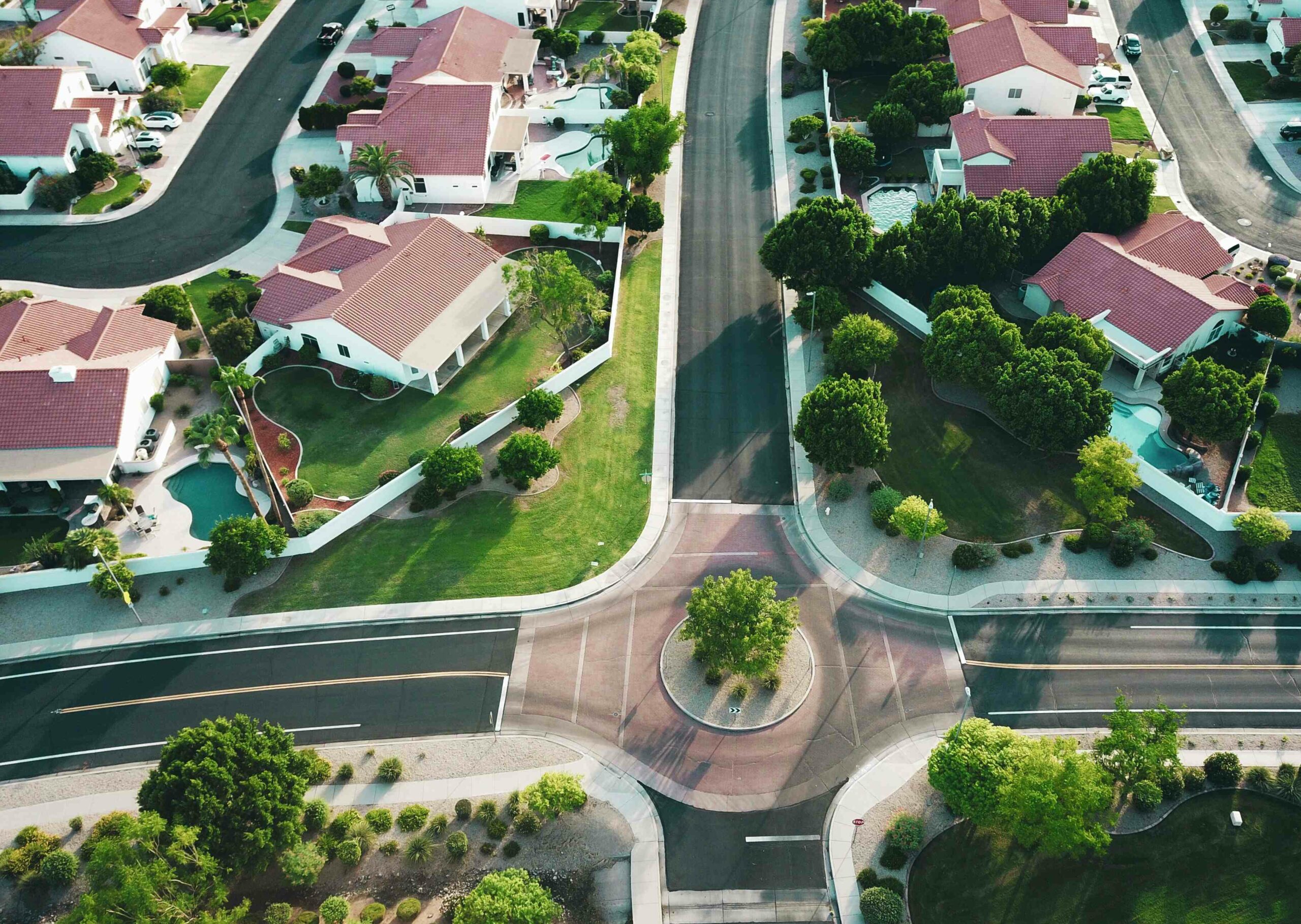Japan has emerged as the top foreign investor in Australian real estate, with total capital inflows soaring past the $2 billion mark in 2023, according to the latest Japan-Australia Investment Report.
This significant increase from the $140 million invested in 2022 showcases Japanese investors’ growing interest in the Australian commercial real estate market, driven by its promising growth potential.
The report, jointly produced by global law firm Herbert Smith Freehills and the Australian National University, revealed that Japanese Foreign Direct Investment (FDI) in Australia reached a record high of $133.8 billion in 2023, accounting for 12% of all FDI in the country.
Major Japanese firms, including Mitsubishi Estate, Mitsui Fudosan, Daiwa House, and Sekisui House, have expanded their presence in the Australian real estate landscape, simplifying the investment process for other Japanese investors.
The Australian real estate market’s competitive landscape, dominated by a limited number of major developers such as Lendlease, Stockland, Charter Hall, Mirvac, and Frasers, has popularized club deals. These collaborative funding arrangements enable Japanese investors to collectively finance large-scale projects, mitigating construction risks and facilitating post-construction stake redistribution.
Key transactions highlighted in the 2023 investment report include Daiwa House’s $650 million build-to-rent project in Melbourne and Mitsubishi Estate’s joint ventures in Sydney and Melbourne, which collectively accounted for nearly 85% of the year’s total Japanese investment in the sector.
Japanese interest in the Australian market extends beyond traditional commercial properties to the build-to-rent (BTR) sector. Despite being a relatively new concept in Australia, the BTR model has attracted significant Japanese investment due to the ongoing housing shortage. The familiarity of Japanese investors with BTR dynamics has made it an appealing option.
Furthermore, the integration of commercial and residential spaces with transportation solutions, a prevalent development approach in Japanese cities, is gaining momentum in Australian urban centres like Sydney and Melbourne. Projects like Sydney’s award-winning One Central Park exemplify this trend, setting benchmarks for future developments.
As Australia continues to refine its policies to attract more institutional investment, particularly in the BTR sector, the country remains an attractive destination for Japanese investors seeking stable and diversified income streams abroad.
Damien Roberts, a partner at Herbert Smith Freehills, commented, “2023 witnessed an acceleration of sector diversification in Japanese investment in Australia. Despite brief interruptions caused by the COVID-19 pandemic, investments spanned across various sectors, with real estate, consumer goods, and mining emerging as top performers.”


